Explore, enable, inspire.
MarAlliance explores, enables and inspires conservation action for threatened marine wildlife and their critical habitats with dependent communities.
Science for management and conservation
Working with stakeholders, from fishers and other NGOs to government institutions, we identify the science needed to support management and conservation efforts and build local scientific capacities while undertaking research and long-term monitoring. We are precautionary in our approach, as evidenced by whale shark science conducted in several countries, finfish spawning aggregation research in Belize and Micronesia, shark and ray fisheries-dependent and independent science, deep sea fisheries research in the Mesoamerican Barrier Reef, and assessments of protected areas’ effectiveness for large mobile fish.
Effectiveness of marine protected areas (MPAs)
Marine wildlife, such as sharks, rays, finfish, turtles and a host of other less iconic species, need refuge from the near constant threat of fishing; if not for their entire life-cycle, at least for part of it. Fully protected marine protected areas (MPAs) are one of the most important fish management methods in the conservation toolbox. A global goal has been set to fully protect 10% of the world’s seas by 2020. Currently, there are 6,500 MPAs protecting just over 2% of the world’s seas. MarAlliance identifies and recommends potential marine sites for protection and works with the managers, staff and a cohort of fishers from 13 protected areas in five countries to identify and integrate protective measures for large fish.
Fostering behavioral change
Building collaborations and networks
We believe in the power of many to tackle conservation needs. We build social capital for marine wildlife conservation by linking the various skillsets held by partners through well-defined collaborations and networks. With these we are able to better understand, manage and protect the migratory marine species we work with and increase conservation impact. MarAlliance has established local and international networks of partners to replicate and scale up research and outreach efforts to leverage greater conservation outcomes for marine wildlife. In 2013 we created a network of marine megafauna monitoring practitioners in the MesoAmerican Reef countries and the region (Mexico, Belize, Guatemala and Honduras). This network now includes 24 partners, with several now leading local monitoring efforts. In November 2015, we founded the Caribbean Chondrichthyan Network (CCN) with 39 partners from the Caribbean region’s NGO, governmental, private and research sectors to better address the regional declines in elasmobranch populations and foster both collaborative science and policy reform.
